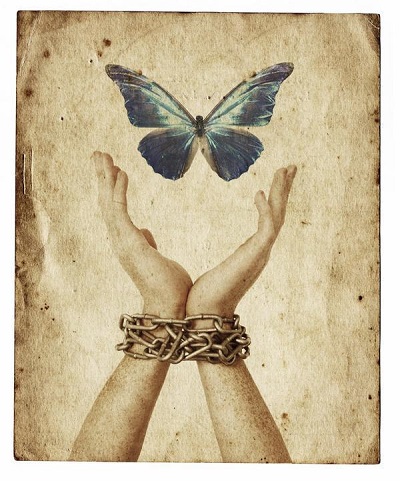
Narcissus Courtesy of Wikipedia
The narcissistic boss in the workplace is a bully. This person is characterized as charming, arrogant, pretentious, and dismissing. They are experts at underestimating and devaluing the achievements and accomplishments of others. Narcissists tend to align with other pathological leadership not out of respect or friendship, but to gain greater control. Superior entitlement, expecting others to defer to them and lashing out when others don’t react in the expected manner is descriptive of their character. The narcissist has difficulty recognizing people’s needs and feelings and is contemptuous and impatient when employees share or discuss their (smart) ideas or concerns. This behavior is intended to create defensiveness and shame in a person. The employee bullied by a narcissist and the witness to the abuse are often impacted.
Lacking the ability to care or recognize boundaries – personal, corporate, and sometimes legal; they regard themselves as a gift to the company and this inflated importance makes them feel entitled to special treatment. Narcissists in power will ignore or deny the existence of problems and grievances that interfere with a grandiose self-image. The demands of this false image and resulting systemic dysfunction in an organization often results in taking short-cuts in business that can lead to fraudulent practices. Frequently, the pathology starts with the CEO/President and is an all pervasive part of leadership’s character. The mistreatment of staff is akin to domestic violence at work. The narcissist inflicts pain when and where they choose to keep an employee off balance waiting for the next attack while pretending to be a decent person.
The narcissistic boss demands perfection and endless performance. Experiencing stress from the constant pressure to perform and conform to work load strain can lead to employee exhaustion. The unreasonable expectations are meant to make a subordinate doubt in their ability to meet objectives through their own resources. When an employee manages to complete tasks the accomplishment and follow through is unrecognized and/or devalued. The unrelenting push for perfectionism feeds the narcissist’s grandiosity and feelings of omnipotence. The motivating factor is a pathological need for complete domination over any environment or situation to affirm personal specialness. This domination includes both control of the individual and group. They abuse power and control and willingly sacrifice people and resources systematically. The need to be more special than anyone else fuels their arrogance. The emphasis is on being the greatest, smartest and in control. If they are not perceived as all powerful they feel humiliation driven by an extreme fear they will be found out to be ordinary. A bully having the thought “I am ordinary” is a nightmare. Bullying includes verbal abuse, stonewalling, isolating, and character assassination, intimidating, lying, and dominating attention in group settings.
True leadership shares attention; adding to and facilitating the value of others. The narcissist uses, abuses, and exploits others. Misinformation, distracting, and derailing or interfering in company programs to sabotage the integrity of a subordinate or colleague is common. The narcissist will present as patient, congenial, and with confident reasonableness as a front for smugness and superiority. In meetings they are confident in their ability to block a competent colleague’s ideas while maintaining control and dominance over the sequence of events or flow of ideas.
The narcissist with power is very effective at controlling situations and relationships. An attempt to create a cohesive team that works hard and has good will never survives in the midst of a narcissistic leader. Good will and team cohesion produces independent thought and positive interpersonal relationships. This challenges and threatens the narcissist obsessive need for control and their survival depends on admiration and blind obedience to whatever they want to dish out. The employee that does the right thing by being nice and fair is often naive to this coercive behavior. As a result the narcissist is not confronted and the toxic unfriendly environment continues along with staff turnover. The cost in lost productivity and resulting physical illness can be astronomical in a large corporation.
Being ignored and isolated at work is the worst form of covert bullying and is detrimental to physical and mental well-being. Feelings of exclusion lead to job dissatisfaction, stronger desire to quit a job, health problems and feelings of helplessness. The problem is that the abuse is not always obvious. There is nothing worse than a sense of not belonging in the workplace or feeling quietly victimized in your daily life. What can you do to take care of yourself? Learn from your experience and fully acknowledge who or what you are dealing with; avoid a victim mentality at all cost. Speak up and discuss the abuse with human resources or designated staff. If taking this action will affect your job standing, begin searching for new employment. Invest in your well-being by learning about the red flags from a toxic boss or work environment. Start building your self-confidence so you are less likely to be a target. The narcissistic bully torments people pleasers for sport and covertly undermines the competent well-liked colleague. Recognize who you are and take back your power.
Thank you for reading my post. I’ve dedicated my personal and professional life to the importance of non-violence and self-compassion by teaching from my experience. As a result, I’ve learned a lot about what it takes put an end to relationship abuse. And, as I learn and grow, I teach self-compassion and give advice I use myself, in the hopes that it helps you to improve your own life.
Roberta













